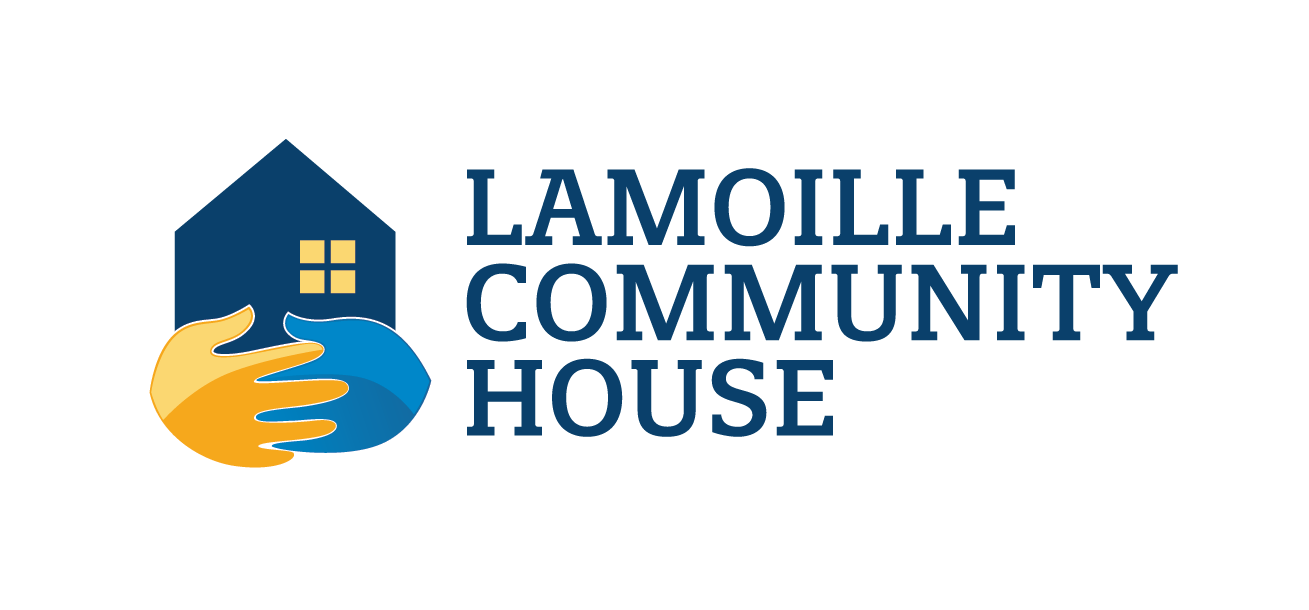by Roger Nicholls
In his poem, The Death of the Hired Man by Robert Frost, a farmer’s wife talks to her husband about a homeless man who has worked for them in the past and suddenly reappears at their home. She says in the poem, “Home is the place where, when you have to go there, they have to take you in.”
Unfortunately, for many of our neighbors, the only “home” they can count on is the Lamoille Community House shelter. 2020 has drastically changed the landscape for people who are temporarily homeless. This population is much larger and COVID-19 presents complications that have forced us to reinvent how we operate the shelter.
This week, November 15-22, marks Hunger & Homelessness Awareness Week, an annual program dedicated to drawing attention to hunger and homelessness in our communities. Here in Lamoille County, our homeless population has tripled since the start of the pandemic. We are currently serving more than 60 individuals in three locations—a much more complex situation than our normal 12 to 15 guests at our shelter in Hyde Park.
2020 has seen many new and contributing issues that have caused our homeless population to grow. The economy has affected job security and health issues have caused people to take leaves of absences from work. Our role has evolved from simply offering a warm meal and a safe place to sleep to providing case management, linking our guests to social services, assisting them in finding temporary housing solutions, and offering aid in navigating their path to stable housing.
This winter marks the fourth year of the Lamoille Community House serving the homeless in our county. From its start in local houses of worship, to a temporary home in Hyde Park, and then to local motels during COVID-19, we have learned to be flexible and resourceful in how we provide a “home” to this vulnerable population.
As we work toward reopening our shelter in Hyde Park, new COVID-19 requirements will mean new expenses to ensure the safety of our guests and staff. For starters, each guest will have a sleeping area separated from other guests by plastic barriers and common areas will be reconfigured to ensure social distancing. This means we no longer have the advantage of sharing items such as cleaning supplies, communal meal spaces, and delicious home-cooked meals prepared by volunteer dinner providers.
Perhaps the most significant change is that the shelter will need to remain open and staffed 24 hours a day, 7 days a week this winter as many public buildings, community breakfasts, and in-person meetings with providers will remain closed during the pandemic. This means our guests have nowhere to go during the day to stay safe, warm and productive unless the shelter is able to remain open.
Last year, we served 36 guests between November and April, averaging 35 days at the shelter. Of these, 72 percent had some type of disability including mental health, substance abuse, or physical disability. In addition, almost half of these guests were survivors of domestic violence. This year, we expect even greater demand given the increasing number of people experiencing homelessness and the fact that some regional shelters will not be reopening during the pandemic.
Along with our many community partners, we will continue to respond and adapt to the complex issue of homelessness and ensure that anyone without stable housing in our community is well cared for. Your donations to keep operations running, your prayers to hold our staff close, and your continued support of your neighbors is much appreciated.
With your help, no one in our community will be without a “home” they can count on when they need it.
Roger Nicholls, Jr
Lamoille Community House
Board Treasurer
Mr. Nicholls lives in Morrisville, is a retired Health Care Executive and has served with the Lamoille Community House since its inception in the winter of 2017. For more information, please visit www.lamoilleshelter.org.

